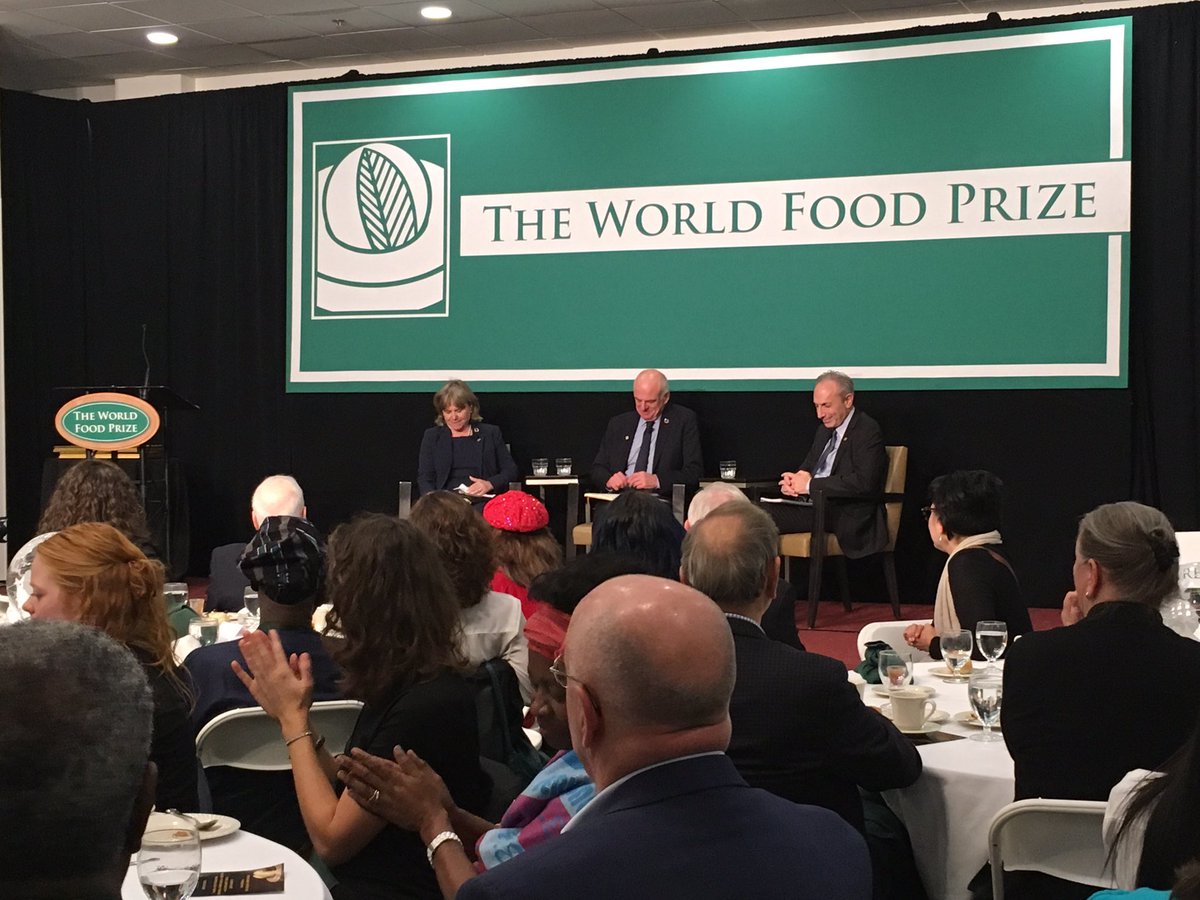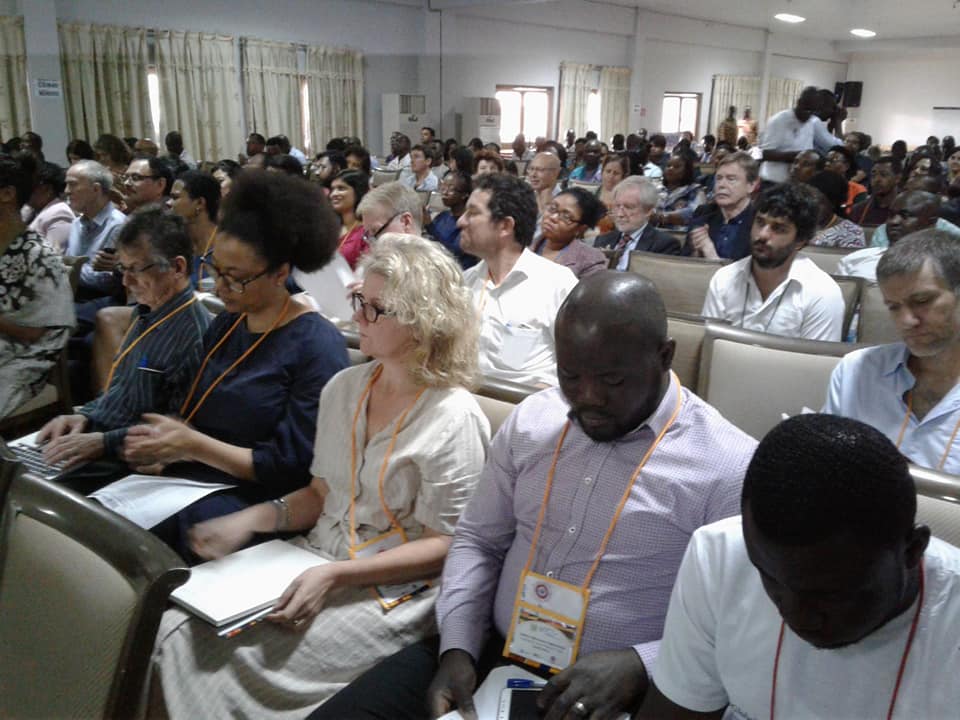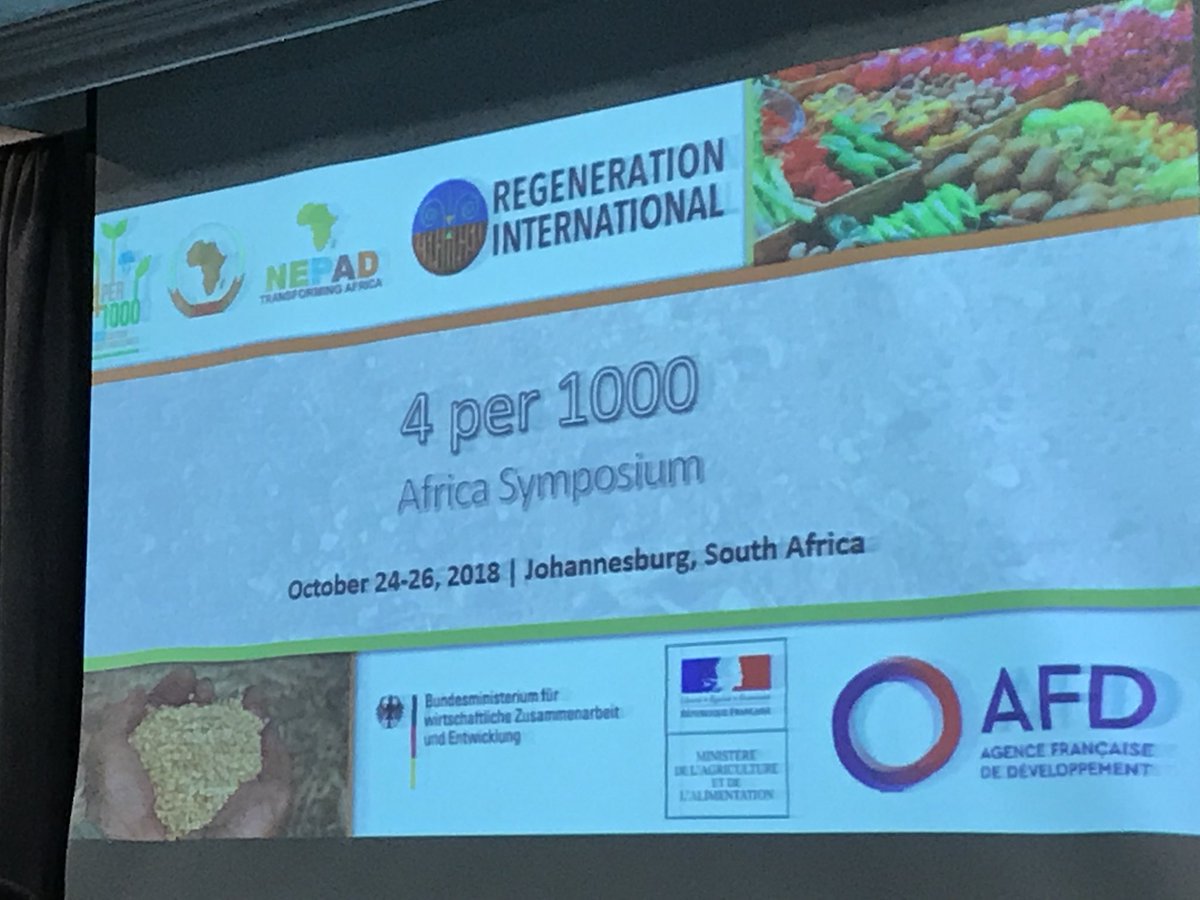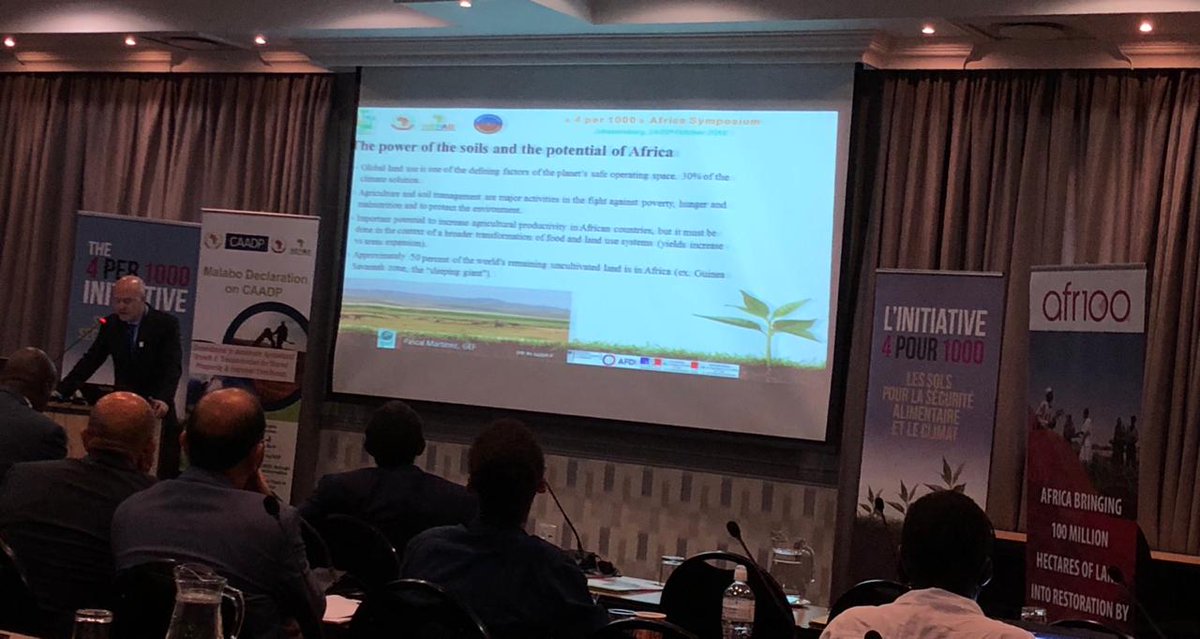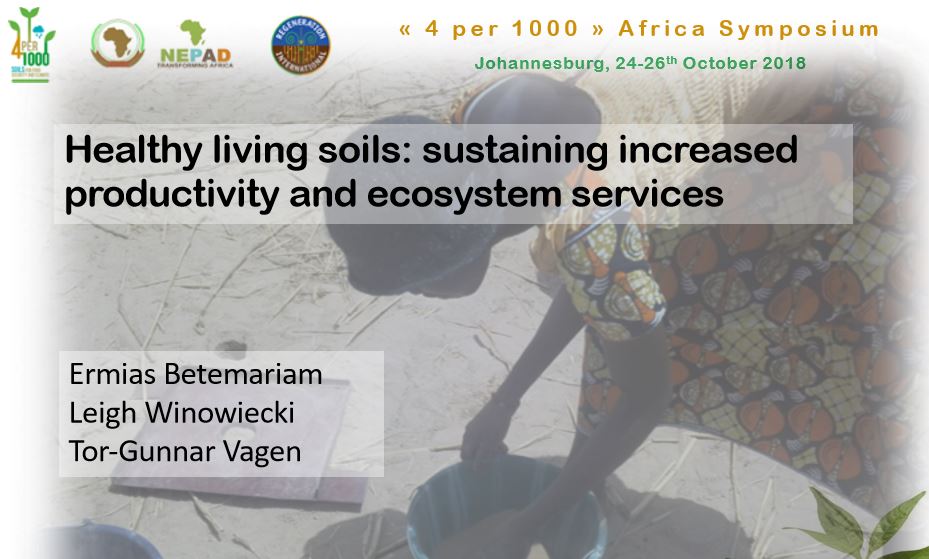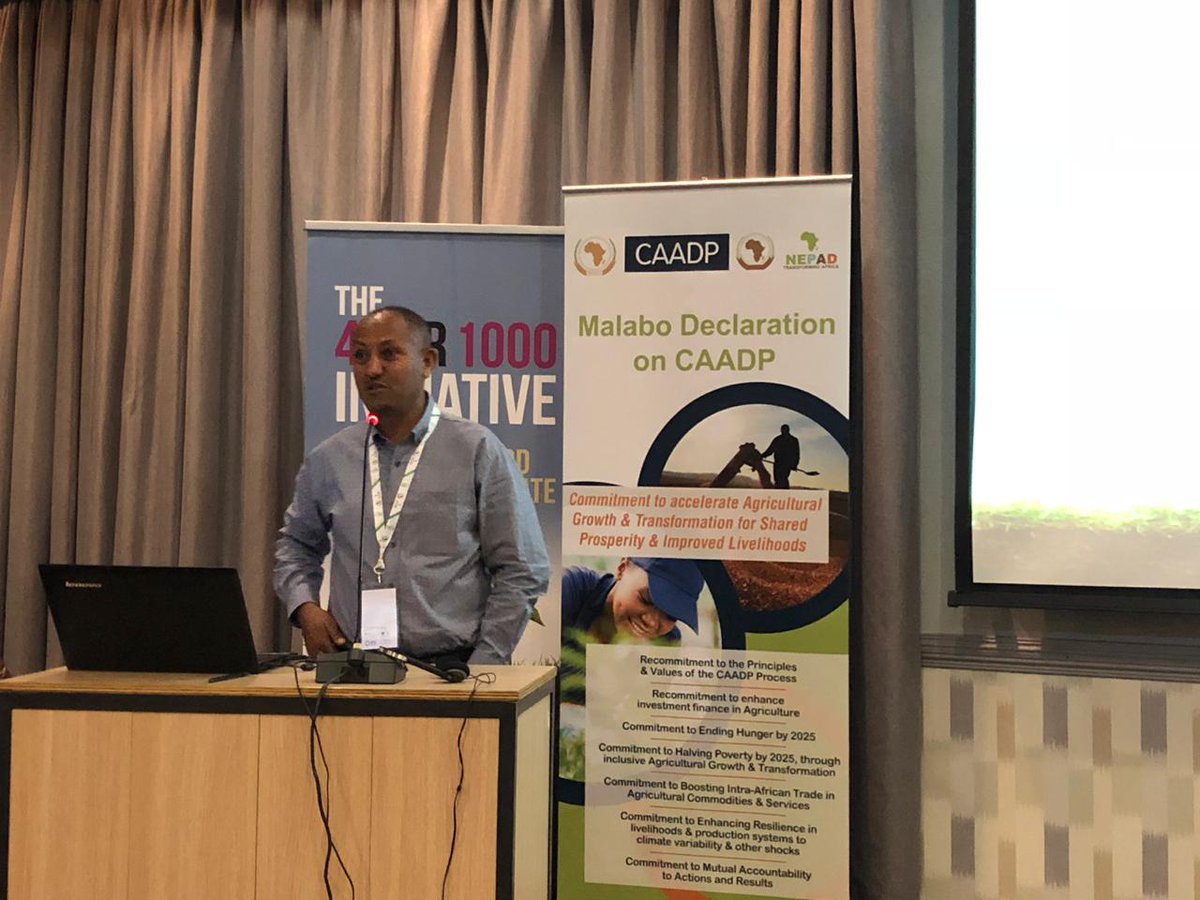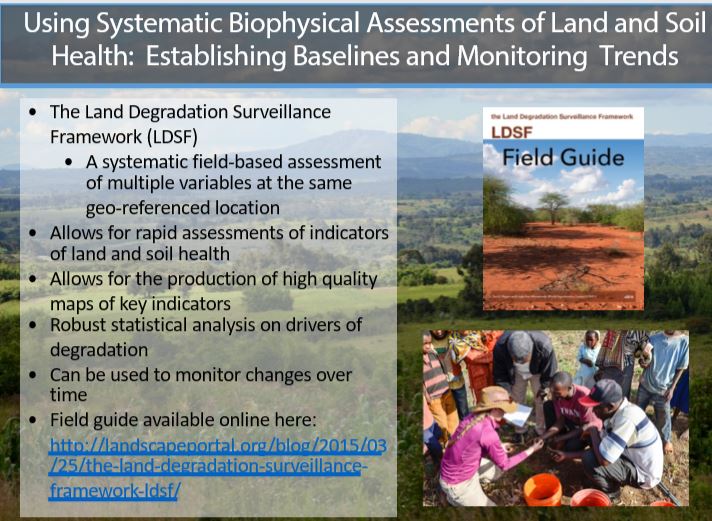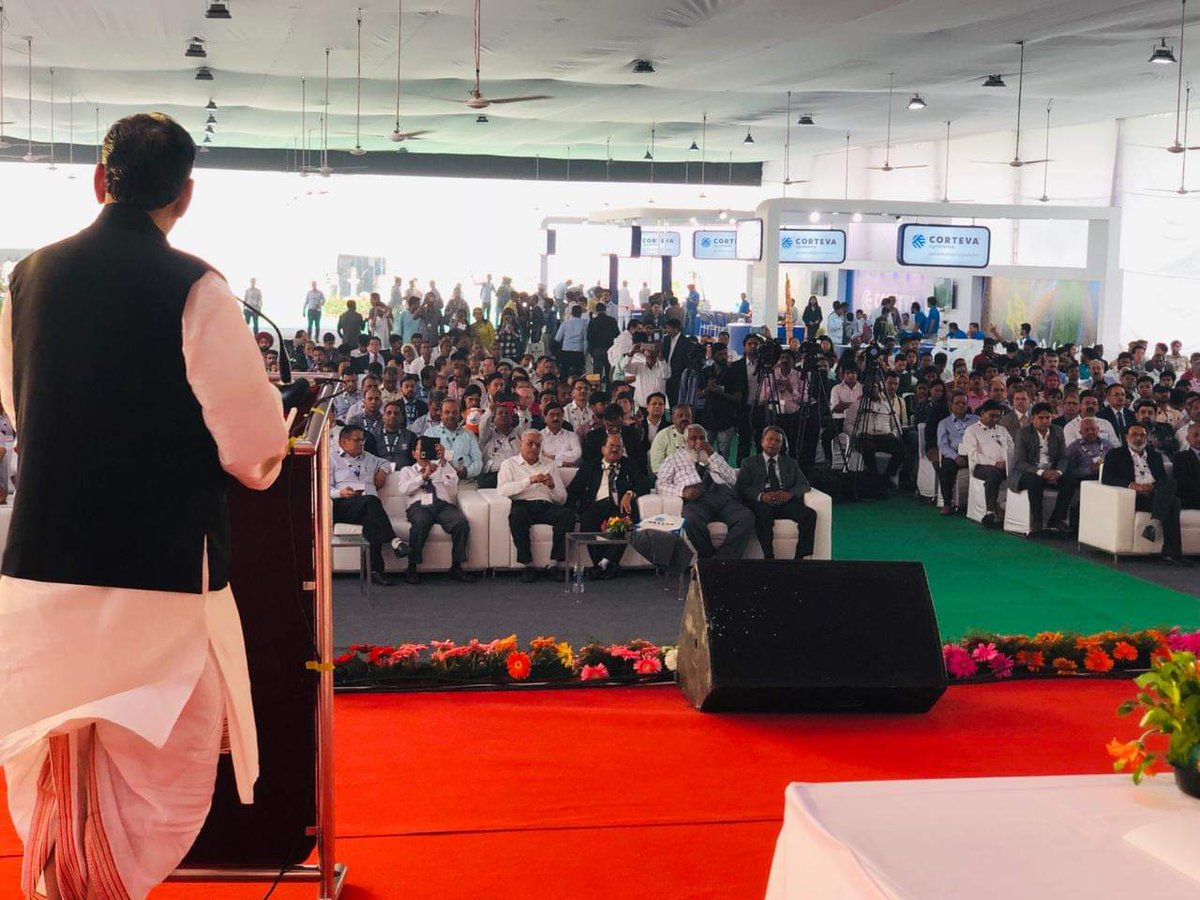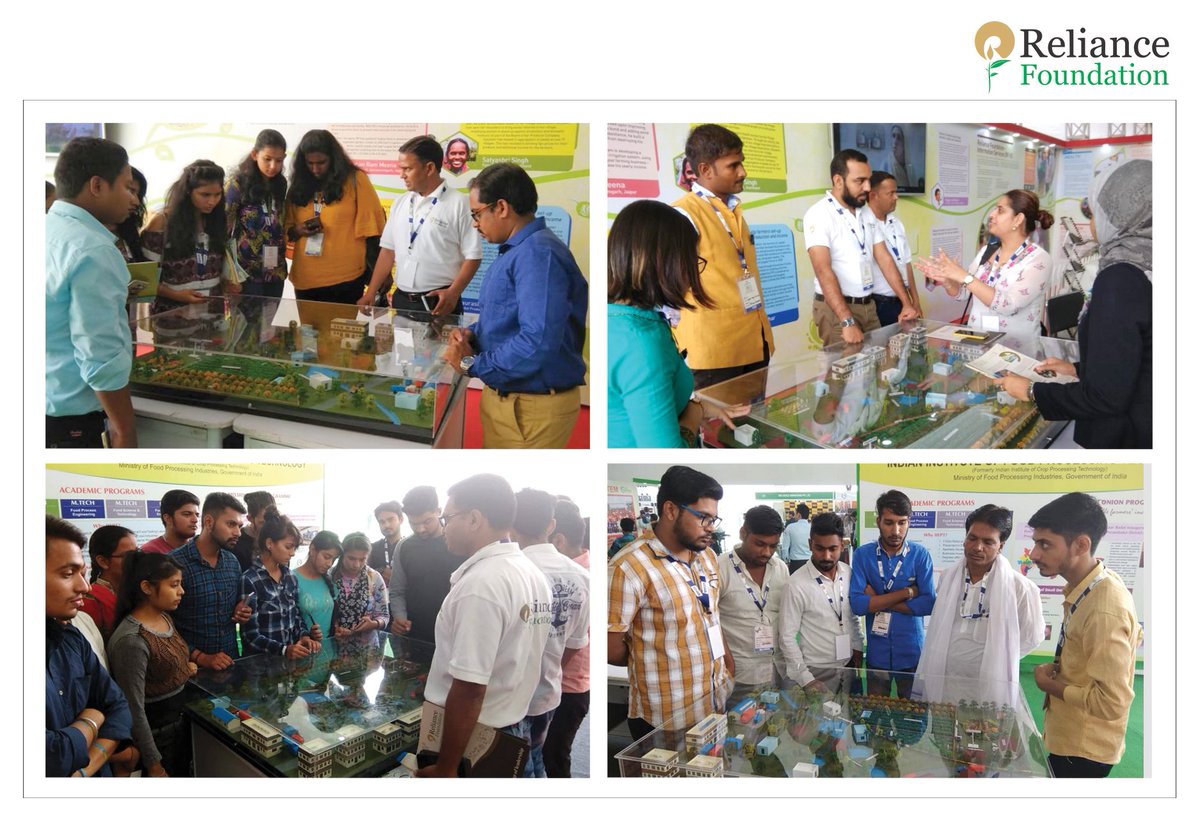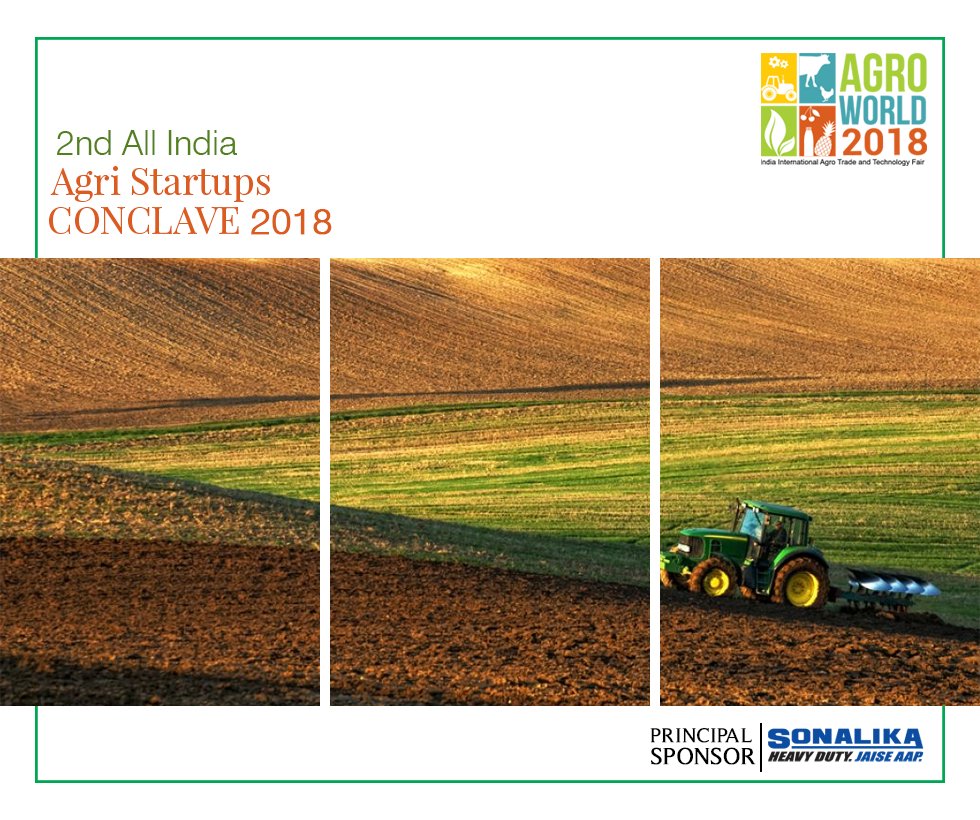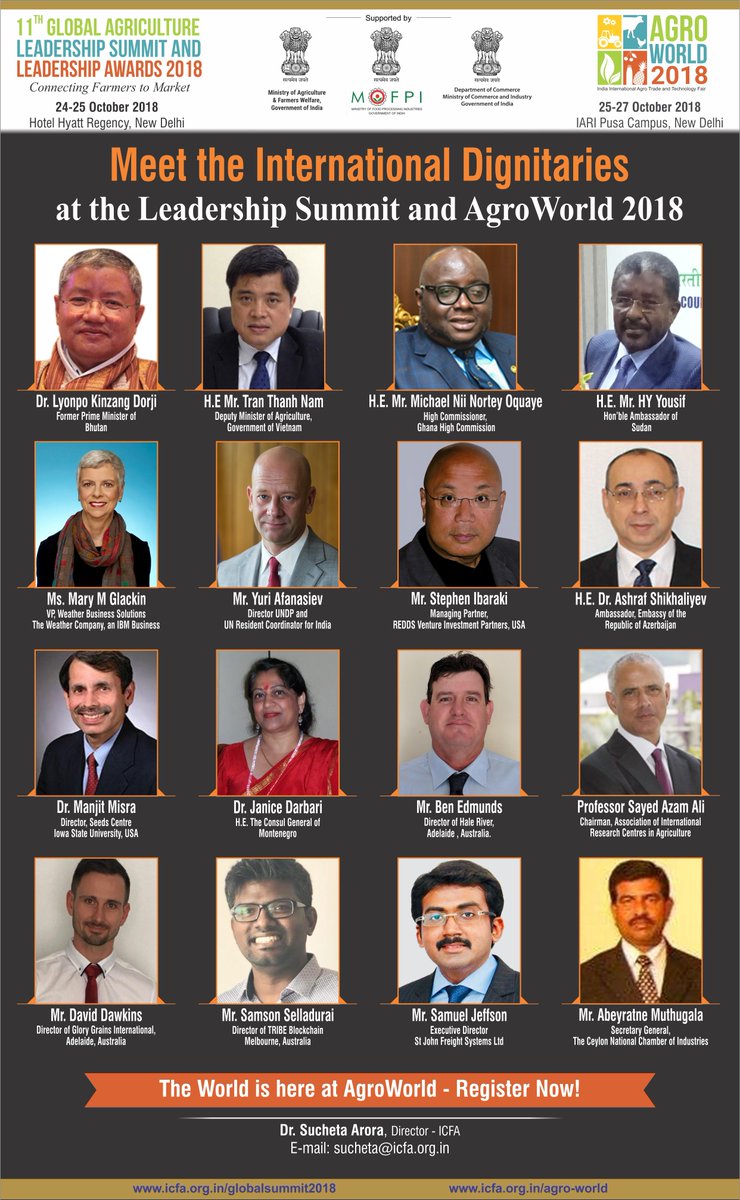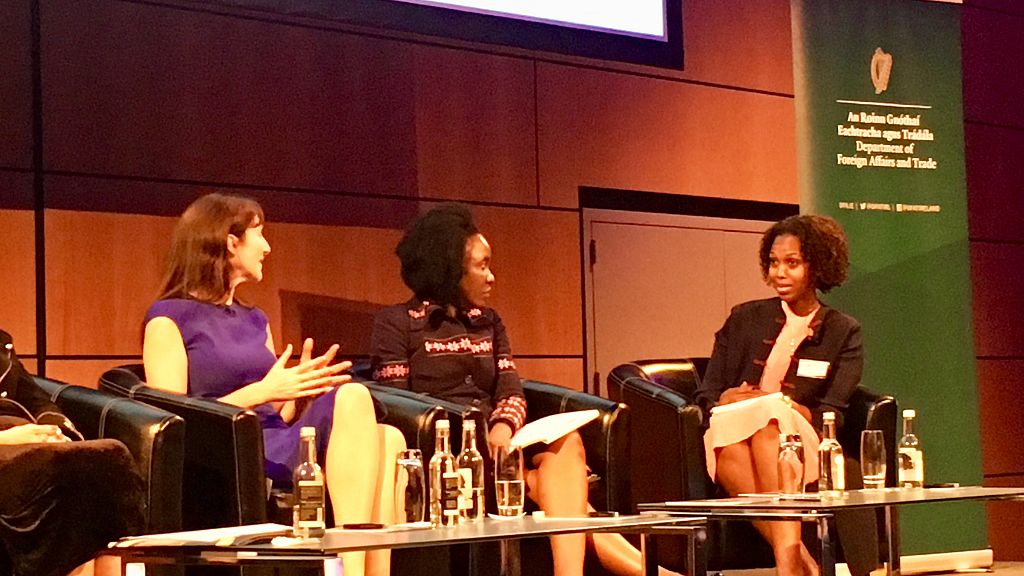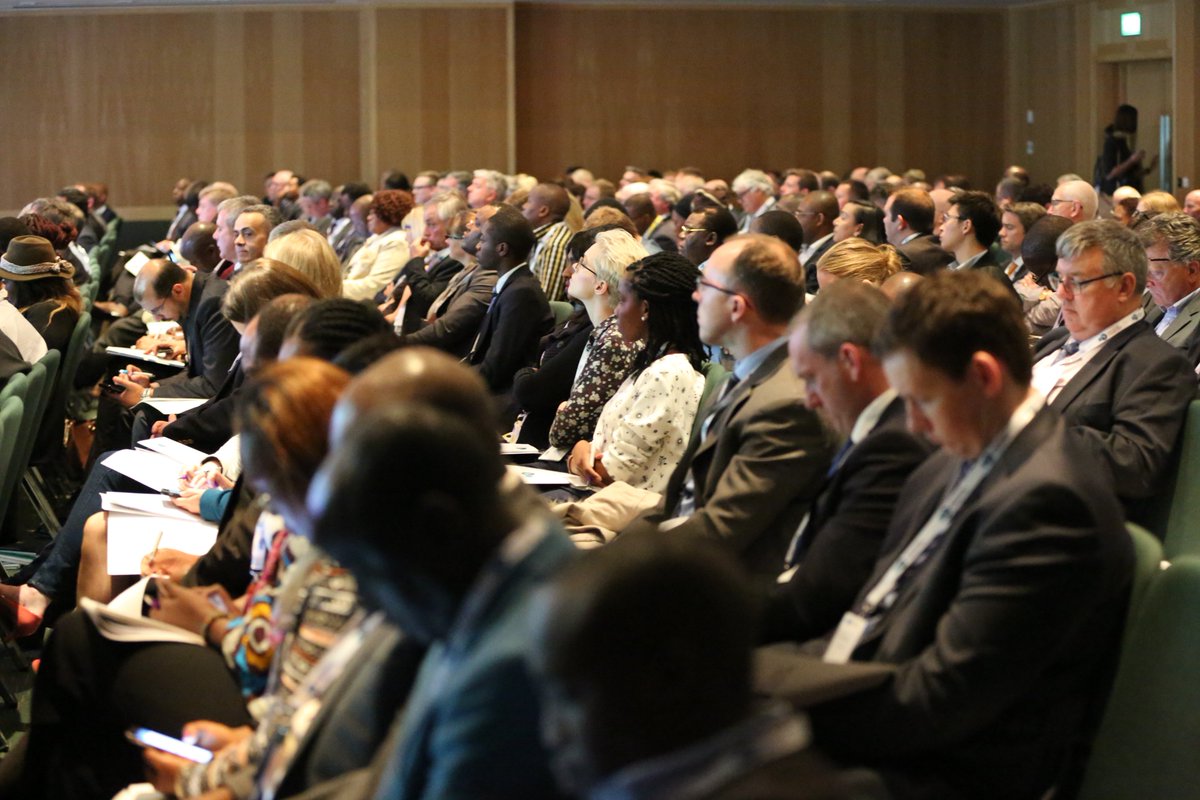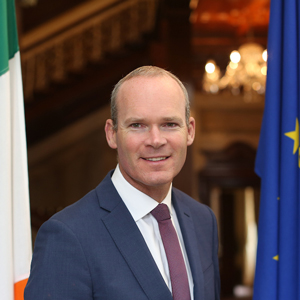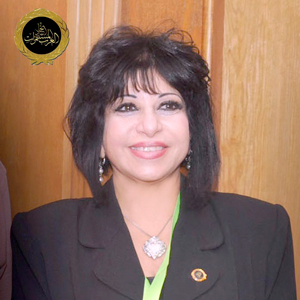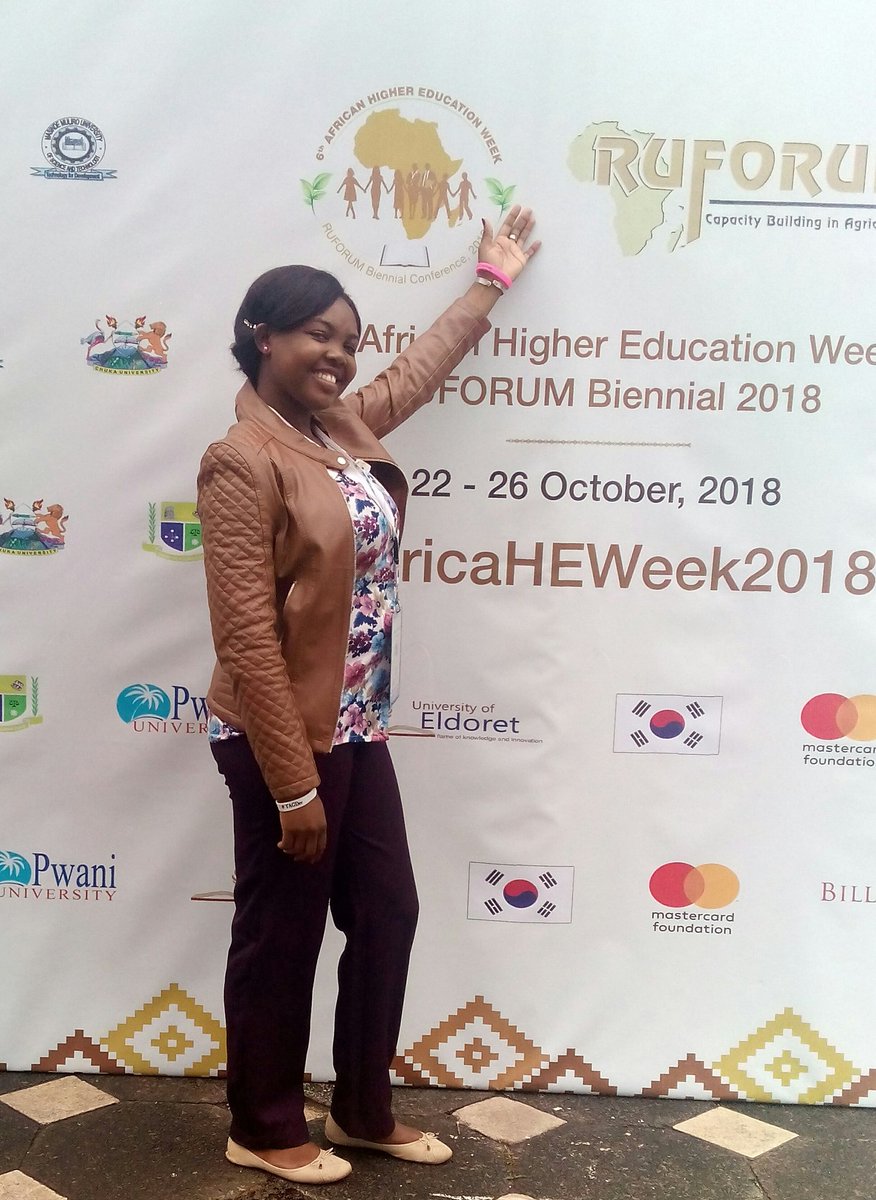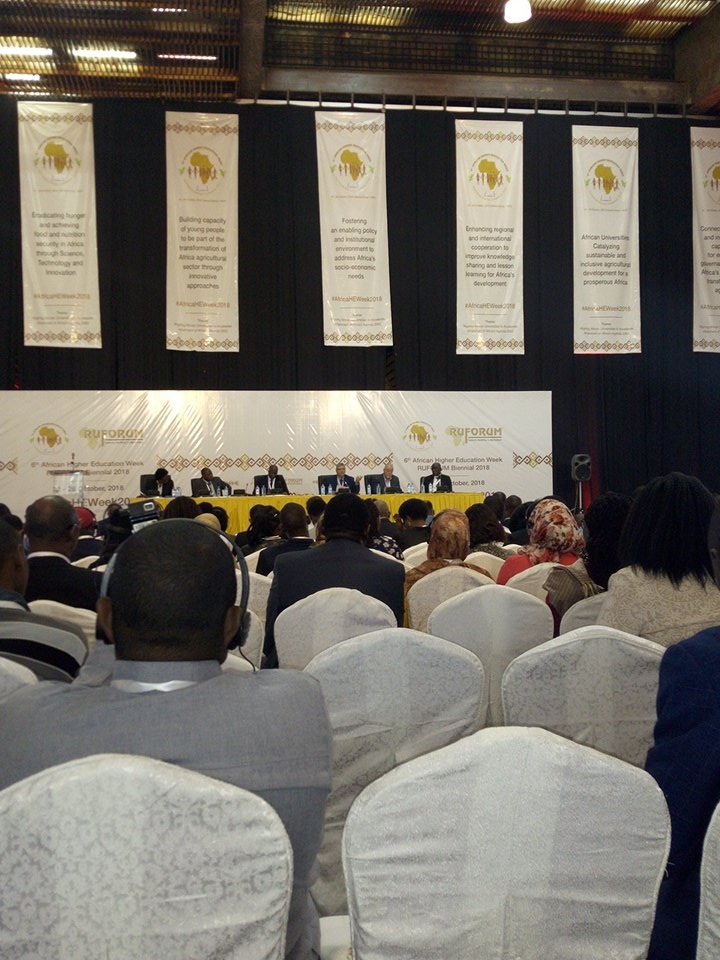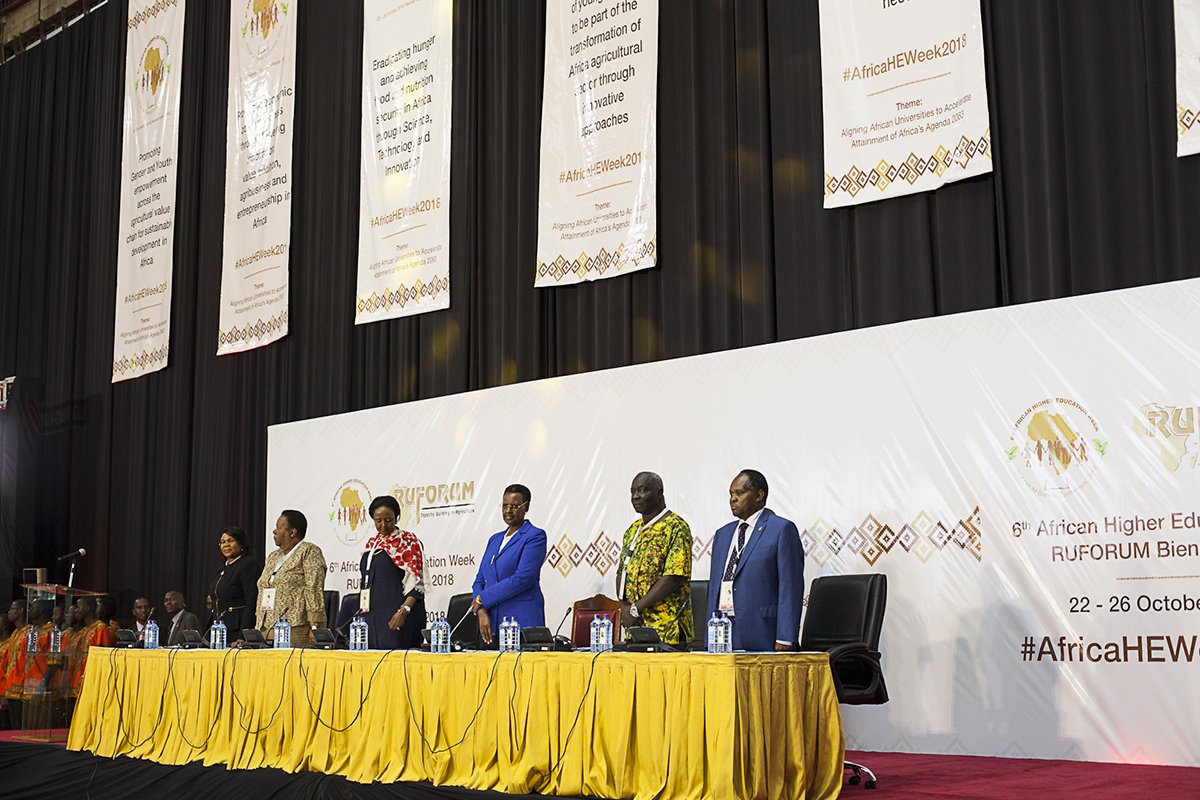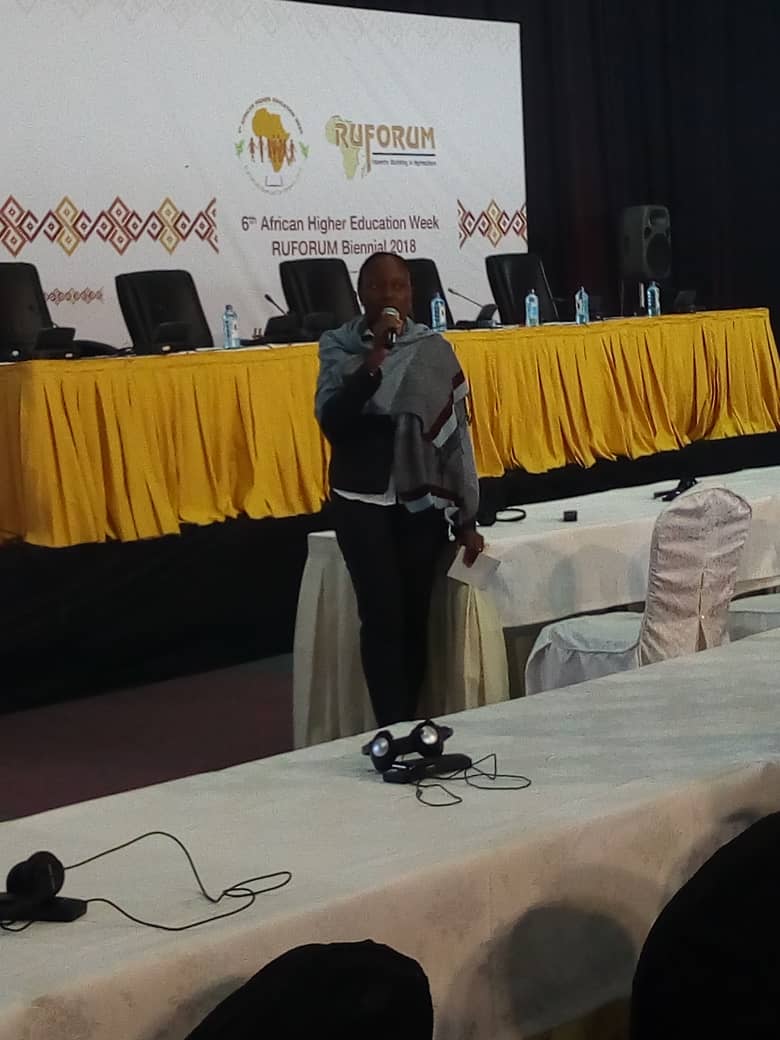17-19 October 2018. Des Moines, Iowa. USA. The theme of the 2018 Borlaug Dialogue, Rise to the Challenge, explored the massive effort to feed 9.5 billion people expected by 2050. Failing to meet this challenge will impact the entire world population, not just the hungry.
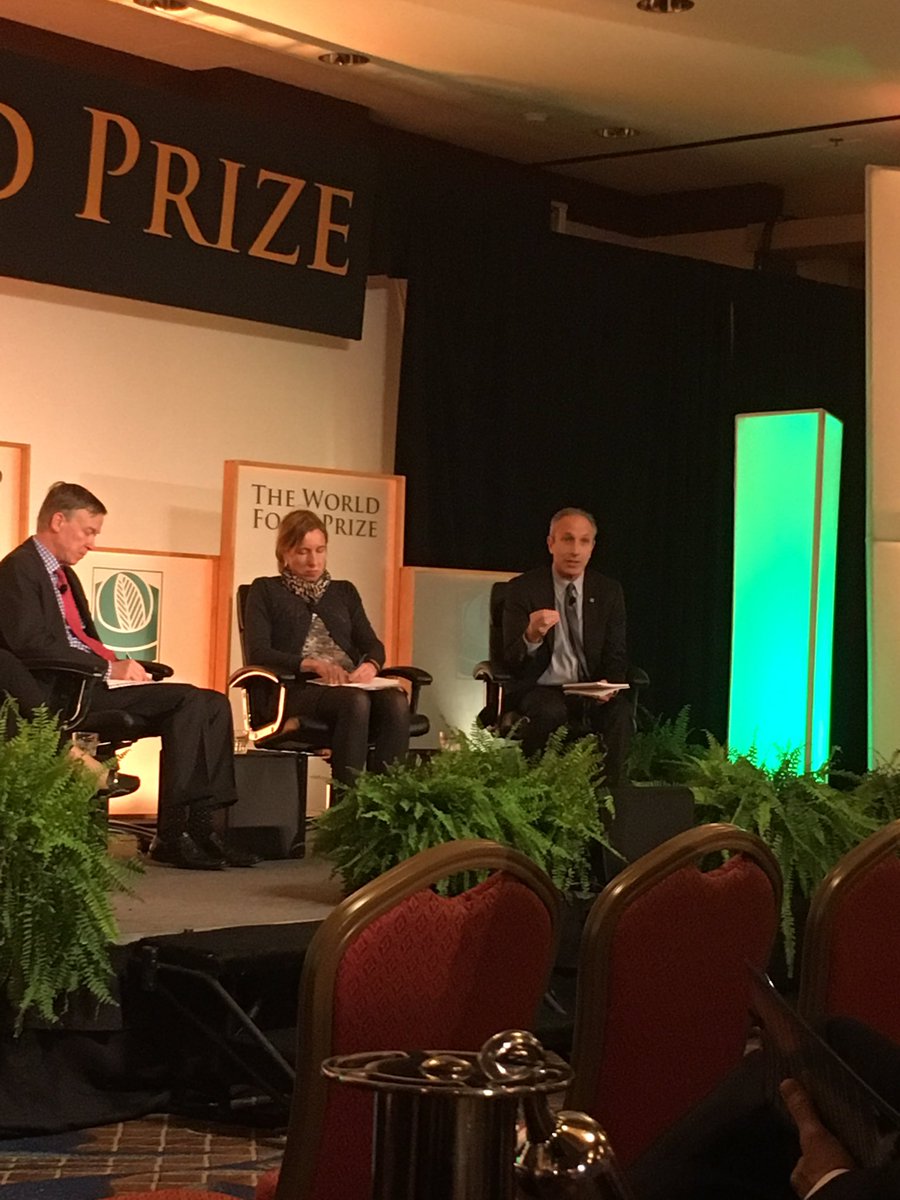 The ability to access adequate nutrition is as much as stake as the ability to access an adequate amount of calories. Rising poverty coupled with deepening health and disease concerns could devastate our world as a whole. Unsustainable farming practices threaten our environment with increased pollution, resource depletion, and loss of biodiversity. The risk of conflict powered by hunger and resource scarcity skyrockets.
The ability to access adequate nutrition is as much as stake as the ability to access an adequate amount of calories. Rising poverty coupled with deepening health and disease concerns could devastate our world as a whole. Unsustainable farming practices threaten our environment with increased pollution, resource depletion, and loss of biodiversity. The risk of conflict powered by hunger and resource scarcity skyrockets.
Technologies for African Agricultural Transformation
Take it to the Agripreneur: Financial Institutions and Capital Investment in Agriculture
Startups: The Next Crop of Agribusiness Leaders
CRISPR: Regulatory Challenges and Opportunities
 The ability to access adequate nutrition is as much as stake as the ability to access an adequate amount of calories. Rising poverty coupled with deepening health and disease concerns could devastate our world as a whole. Unsustainable farming practices threaten our environment with increased pollution, resource depletion, and loss of biodiversity. The risk of conflict powered by hunger and resource scarcity skyrockets.
The ability to access adequate nutrition is as much as stake as the ability to access an adequate amount of calories. Rising poverty coupled with deepening health and disease concerns could devastate our world as a whole. Unsustainable farming practices threaten our environment with increased pollution, resource depletion, and loss of biodiversity. The risk of conflict powered by hunger and resource scarcity skyrockets.Technologies for African Agricultural Transformation
- Jennifer Blanke—Vice President of Agriculture, Human, and Social Development, African Development Bank
- Lawrence Kent—Senior Program Officer, Bill and Melinda Gates Foundation
- Nteranya Sanginga (see picture)—Director General, International Institute of Tropical Agriculture
- Roy Steiner—Managing Director, Rockefeller Foundation
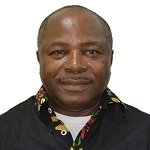
- Geoff Andersen—Director, Regional Ag Strategic Planning, John Deere Africa
- B.J. Marttin—Member of the Managing Board, Rabobank Group
- Hon. Prof. Ruth Oniang'o (see picture)—Chair of the Board, Sasakawa Africa Foundation
- Simon Winter—Executive Director, Syngenta Foundation for Sustainable Agriculture
- Thomas Laurita—Chief Executive Officer & Board of Directors, NewLeaf Symbiotics
- Lucas Mann—Co-Founder & Managing Partner, Acre Venture Partners
- Paul Schickler—Member of the WFP Council of Advisors
- Ponsi Trivisvavet—Chief Executive Officer, Inari
- Karsten Temme—Co-founder and Chief Executive Officer, Pivot Bio
- Louise Fresco—Member of the WFP Council of Advisors & President of Wageningen University & Research
- Greg Jaffe—Biotechnology Project Director, Center for Science in the Public Interest (CSPI)
- Daniel Voytas—Chief Science Officer, Calyxt & Professor, University of Minnesota
- Ren Wang—Special Advisor to the President, Beijing Genomics Institute
The Fall Armyworm: Advancing Threat to Global Food Security
- Rob Bertram—Chief Scientist, USAID - Bureau for Food Security
- Dr. Eluid Kireger—Director General and Chief Executive Officer, Kenya Agricultural & Livestock Research Organization
- Martin Kropff—Director General, CIMMYT (International Maize and Wheat Improvement Center, Mexico)
- Mandefro Nigussie—Director General, Ethiopian Institute of Agriculture
- Pedro Sanchez—2002 Laureate
Leading Women in Food and Agricultural Research
- Kathryn Boor—The Ronald P. Lynch Dean College of Agriculture and Life Sciences, Cornell University
- Helene Dillard—Dean, College of Agricultural & Environmental Sciences – University of California, Davis
- Kathryn VandenBosch—Dean & Director, University of Wisconsin – Madison, College of Agriculture and Life Sciences
- Wendy Wintersteen—Member of the WFP Council of Advisors & President, Iowa State University
World Food Prize Laureate Award Ceremony
Side events 16 October
- Board for International Food and Agricultural Development (BIFAD) Public Meeting: Improving Nutrition through Private Sector Engagement Across Food Systems
- Corteva Agriscience Symposium
- Global Farmer Roundtable Opening Session
- Global Farmer Roundtable—Second Session
- Science and Storytelling – Communicating complex research to key audiences
Side events 17 October
- The Nexus of Ag and Nutrition
- Emerging Technologies for Enhancing Agricultural Productivity and Food Security in Africa
- AgroAfrica Dialogue
- Technologies for African Agricultural Transformation for the Savannahs (TAAT-S)
- ‘African Youth Rising to the Challenge’: Bringing together key global partners contributing to Africa's Transformation

- H.E. Dr. Akinwumi A. Adesina (Keynote Speaker) - 2017 World Food Prize Laureate
- Hon. Prof. Ruth K Oniang'o - Chair of the Board, Sasakawa Africa Foundation
- Hon. Prof Yaye Kène Gassama - National Academy of Sciences, Senegal
- Dr. Dianah R. Ngonyama (see picture) - President of the Association of African Agricultural Professionals in the Diaspora (AAAPD)
- Mark Edge - Director of Collaborations for Developing Countries, Bayer CropScience Co.
- Dr. Ed Mabaya - African Development Bank, Manager - Agribusiness Development Division, Agriculture & Agro-industry Department
- 2018 Global Agricultural Productivity Report® (GAP Report®) Launch and Lunch
- The Future of Farming: Access to Innovation to Achieve Food Security
- Agricultural Transformation for African Tobacco Farmers
- Mind The Gap: Connecting Research with Innovation for Economic Development
- Reaching millions: the science of scaling
Side events 18 October

